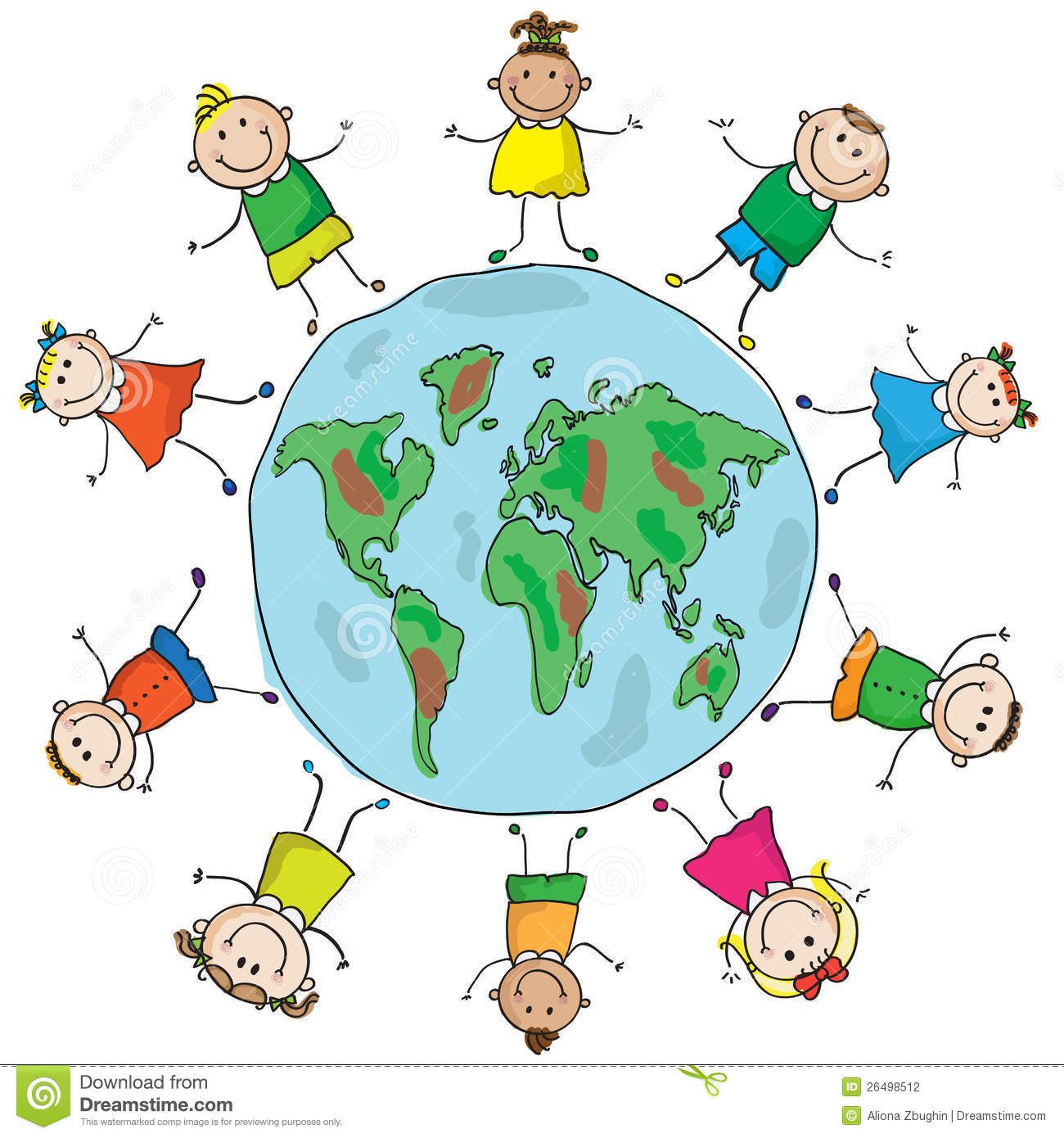Your kids think about the planet all the time
Recycling or upcycling helps to teach children to reuse items and to practically get to grip with the benefits of this behaviour. Recycling saves the planet in so many ways, it saves the environment and at the same time it offers people jobs, which means that it also helps with solving the problem of unemployment.
Some eye opening facts from the rumagers

- Wasting food costs the average family £420 a year
- If we stop wasting food that could be eaten, there would be a dramatic CO2 impact – equivalent to taking 1 in 5 cards off the road
- Disposable nappies take 500 years to decompose
- 10 times more energy goes into the production to make food packaging goes into the products we buy that the food contains
- Electronic goods are the fastest growing waste in the UK
- 2M million TV sets are discarded every year and most end up in landfill
- Steel is the most recycles metal in the UK and the world
- All steel cans are 100% recyclable and they can be recycles over and over again
- Aluminium is the third most abundant element in the earth’s crust and is the earth’s second most used metal
- 90% of all drinks cans sold in the UK every year are made of aluminium
- Recycling aluminium drink cans saves up to 95% of the energy needed to make aluminium from its raw materials
- Used aluminium drink cans can be recycled and back on supermarket shelves as new drink cans in as little as 60 days
- Recycling a single plastic bottle can conserve enough energy to light a 60W light bulb for up to 6 hours
- It takes 75% less energy to make a plastic bottle from recycled plastic compared with using ‘virgin’ materials
- A pair of jean includes an average of 8 recycled plastic bottles
- Each year we thro away about 600 million batteries
- Over 20,000 tonnes of batteries are sent to landfill in the UK alone each year.
- It takes 50 times more energy to make a battery than it gives us back in its life
Even after taking increased transportation and processing into account, recycling benefits the environment overall, helping reduce landfill waste, save raw materials, and save energy (which in turn reduces our use of non-renewable, dirty fossil fuel energy).
So, think before you chuck, can you re-cycle it or should you pass it onto someone who will give it a new lease of life?
(Sources include: thinkcans.net, Recoup.org, WRAP.org.uk, reducereuserecystle.co.uk, hse.gov.uk, weeeman.org, scrib.org.uk, therecyclingevent.com, thepackagingfedn.co.uk)
